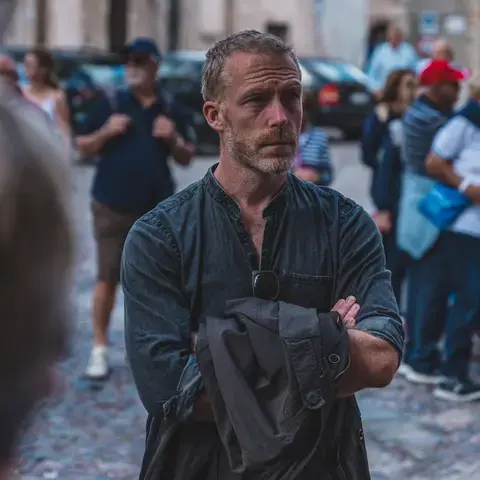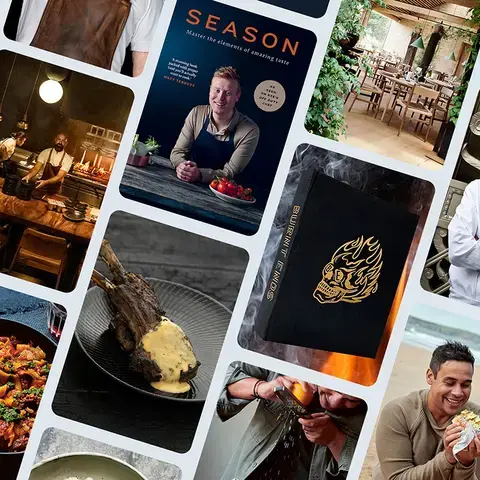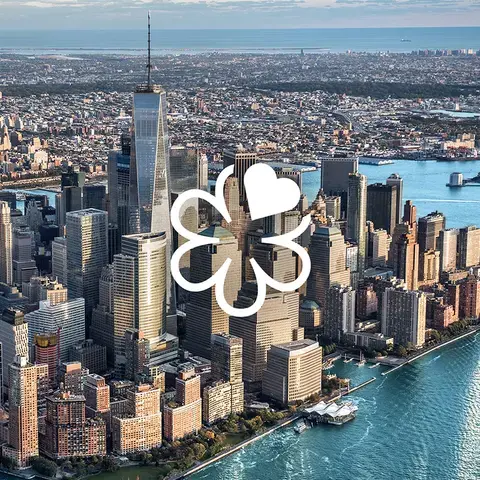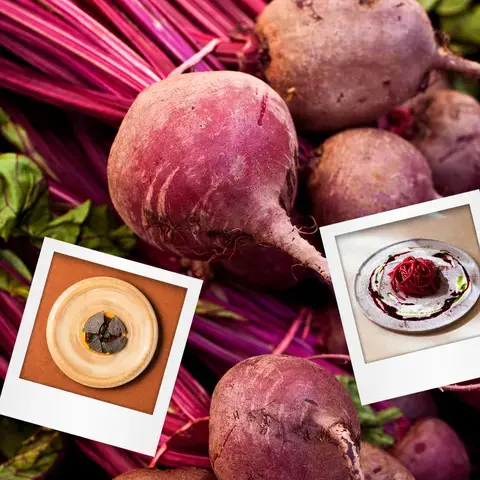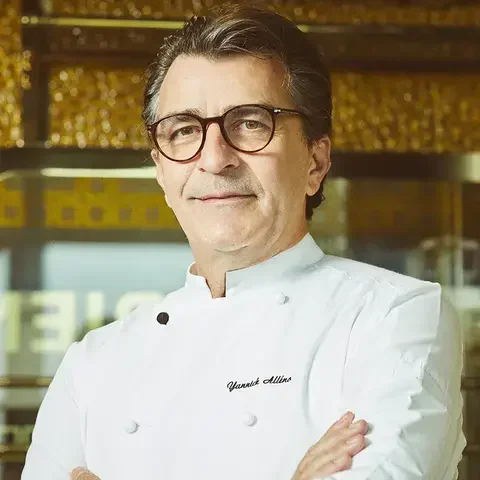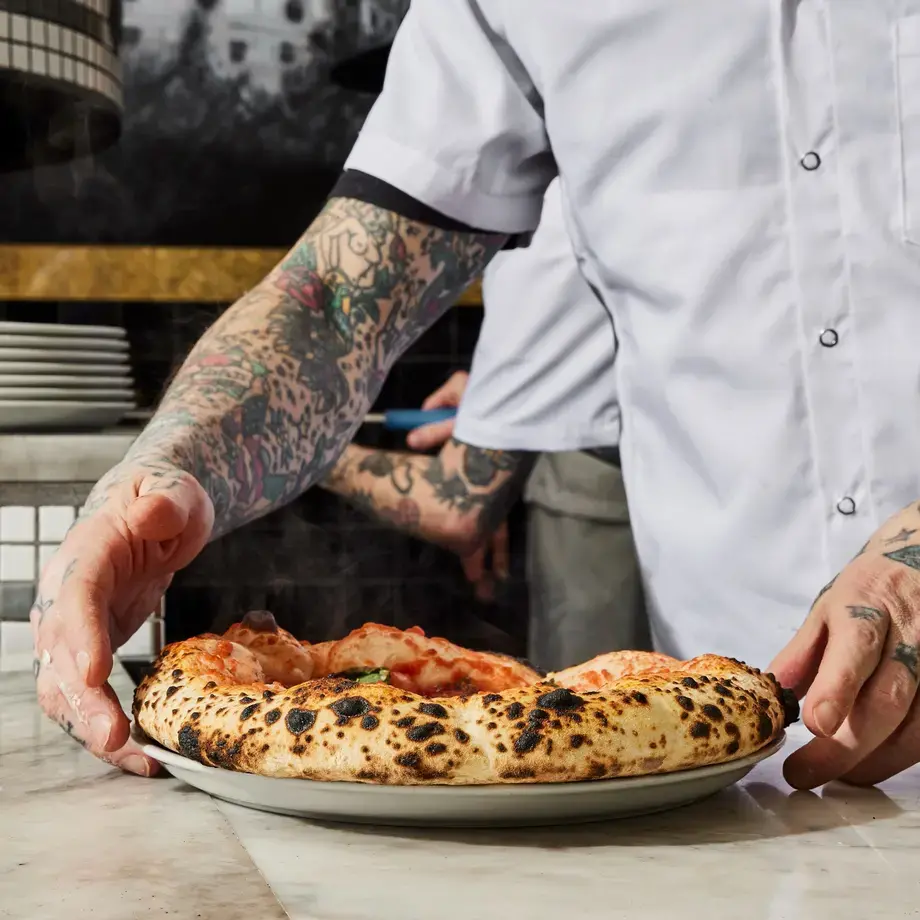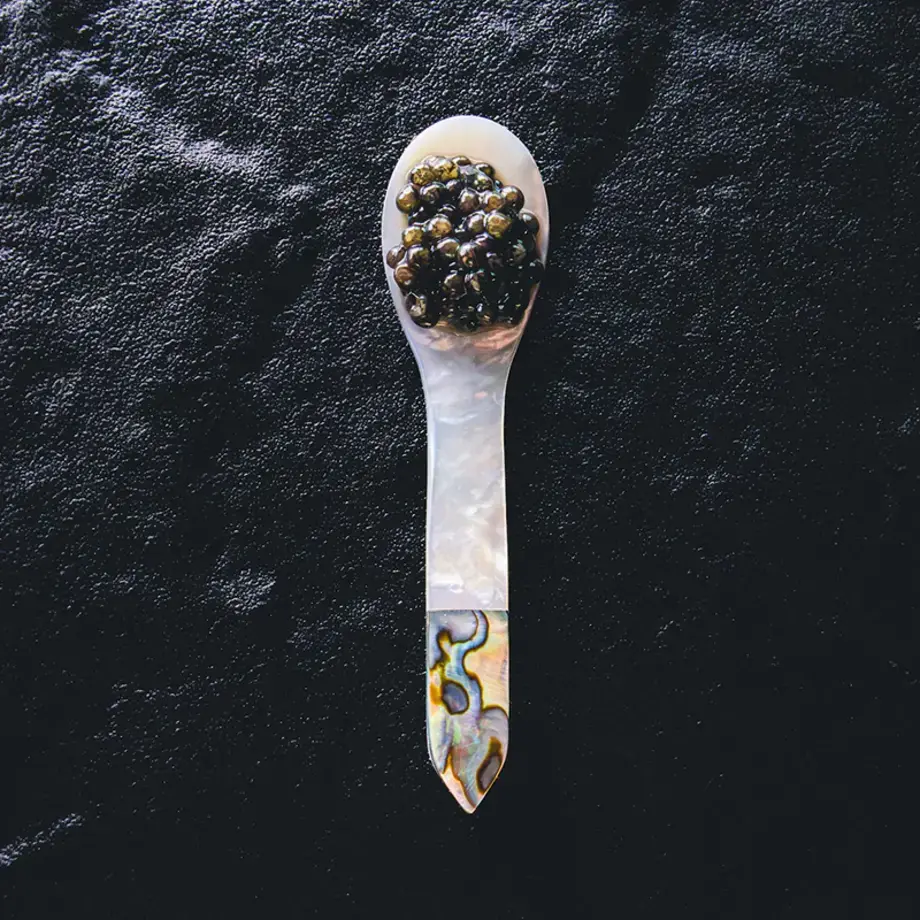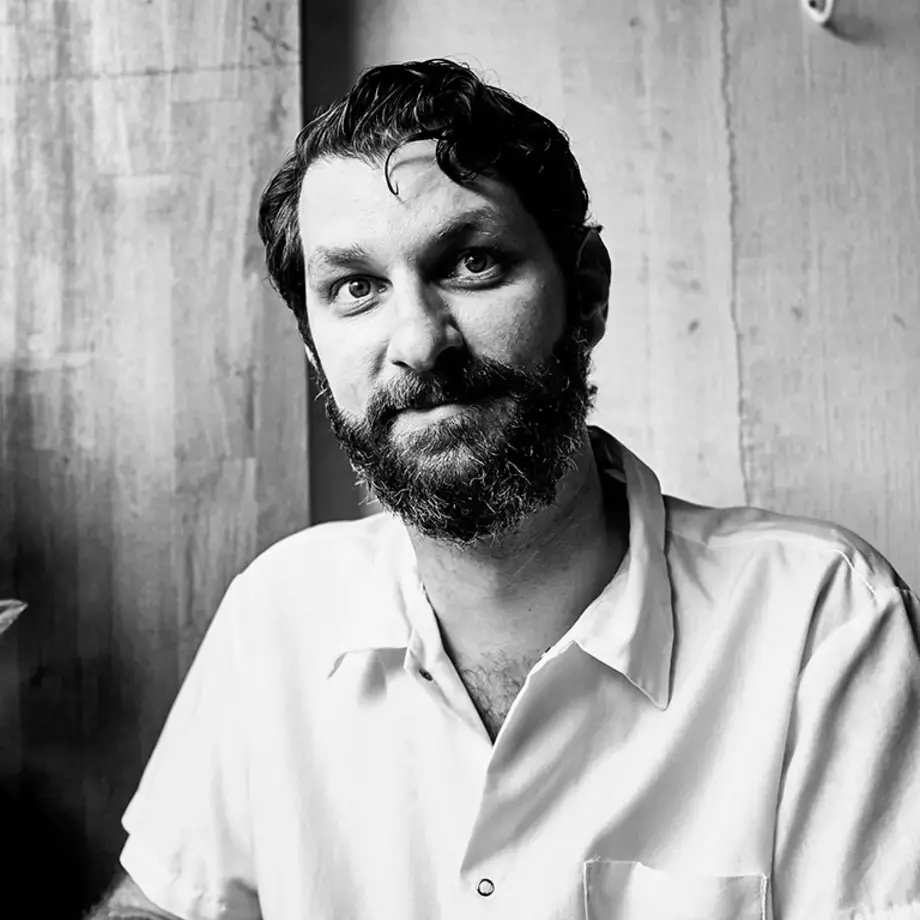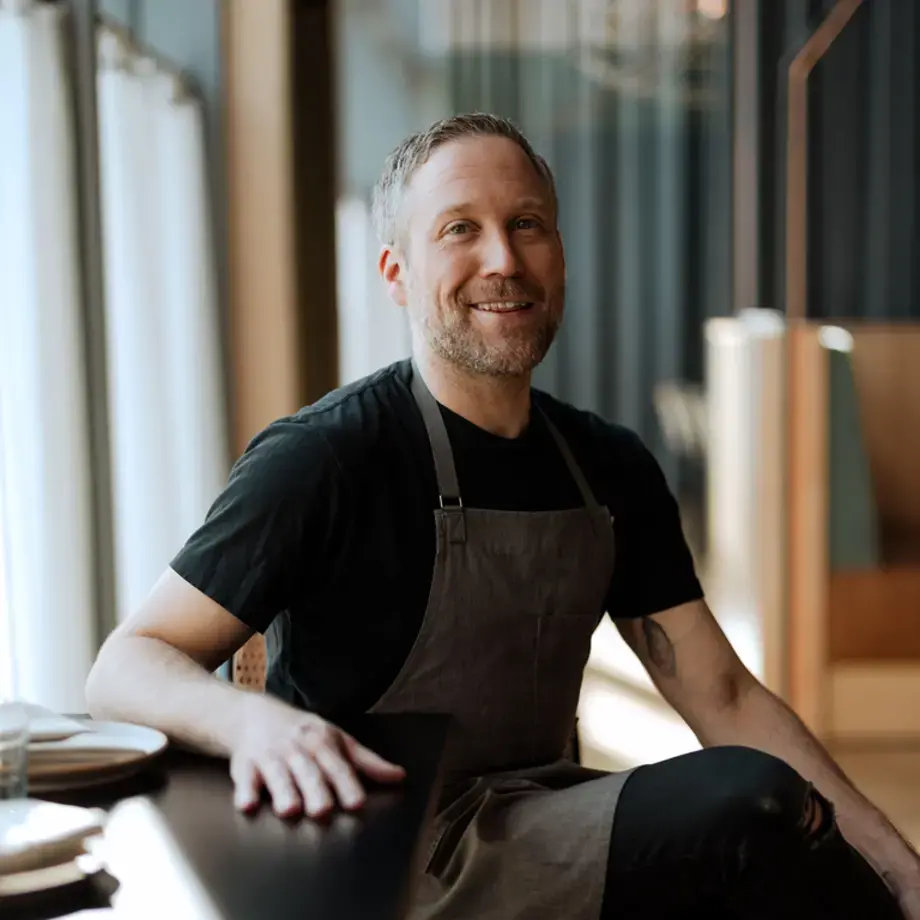If Banneker was guided by the stars in plotting the boundaries of the city, perhaps there is something that guides Onwuachi on his journey to share these stories. From his teenage decision to leave all he knew behind in Brooklyn, to go to Nigeria to connect with his roots, to his decision to walk away from Kith/Kin, allowing him to sidestep the worst of the pandemic effects on the industry, to opening the right restaurant at the right time in New York and now DC… Onwuachi has impeccable timing. Is there something guiding him?
“I don’t know,” he says. “I would have to just praise God; I’m just living my life. I’m just trying to do my best, to get a little better than I was the day before. That’s really my mantra. I try to do something interesting every year that I am afraid of, so I can really push my boundaries and push myself.
“I’m not a religious man, but I do believe in a higher power. I’m very grateful and I also work really, really hard. I think those two things together will bring you success, but you have to do the work. You can’t achieve anything unless you put in the hard work.”
If the medium is the message for Onwuachi and his storytelling, the chef offers his guests the chance to connect intimately with cultures and people, beyond time and space. He is telling their story in a unique way.
“I don’t know if I am,” he says. “I guess I am, I mean there are schools dedicated to things like this. These stories have been well told and I’m not trying to steal the light from people who have been talking about this for ages. I’m telling it through my lens, I guess. These stories have been told, but they haven’t been amplified. Nobody cares. I’m not the first person to tell this story, I’m not taking that credit.”
While other chefs may have capitalized on their fame by expanding their restaurant business earlier, one of the keys to Onwuachi’s success is that he does things for the right reasons. “I believe a restaurant has to have a story,” he says. “Because when it has a story, it has a soul”.
The menu at Dōgon is a presentation of Onwuachi's culinary influences. It may sound like a tired cliche to refer to Onwuachi's cooking as 'soul food,' but that is what it is. It is sophisticated and accessible, designed to unite people and promote conviviality and conversation. The food at Dōgon is to nourish the body and the spirit, with dishes like carrot tigua, with pickled onion, peanut crustacean stew, and burnt carrots or a mushroom etouffee with crispy mushrooms, truffle shrimp sauce, and chives. The flavors are bold and to the fore, and the evident technical skills of Onwuachi's team mean the dining experience can traverse the casual/fine-dining divide. Dishes like Mom Duke’s Shrimp with holy trinity, Frenchman butter, and malt bring authentic flavors and a respect for tradition that invites Washingtonians closer to the Afro-Caribbean cultures interwoven with their histories.
When asked about the first night of service and how it went, Onwuachi quickly gives full credit to his team. "We did 160 covers on opening night, and I've not seen that before in any restaurant," he says. "It's just so inspiring to work with this team and see how passionate they are. They care so much. It’s amazing to see them take what I do and elevate it”.
Appropriately, you could say that the stars have aligned for Onwuachi, in terms of his team. Working at Dōgon is chef Martel Stone, a culinary all-rounder with diverse experience from fine dining to mom-and-pop restaurants. A former Executive Sous Chef at Kith/Kin and a founder of The Black Supper Collective, Onwuachi has a serious talent to back him up at Dōgon. At the bar, nationally acclaimed mixologist Derek Brown has curated an outstanding cocktail menu.
At Dōgon, Onwuachi has created a restaurant that feeds body, mind and soul, a rare and ambitious project. Of course, you wouldn’t expect anything less from this chef, authenticity is the key ingredient in his cooking, but also in everything he does.
“Anything I do has got to be intentional,” he says.

